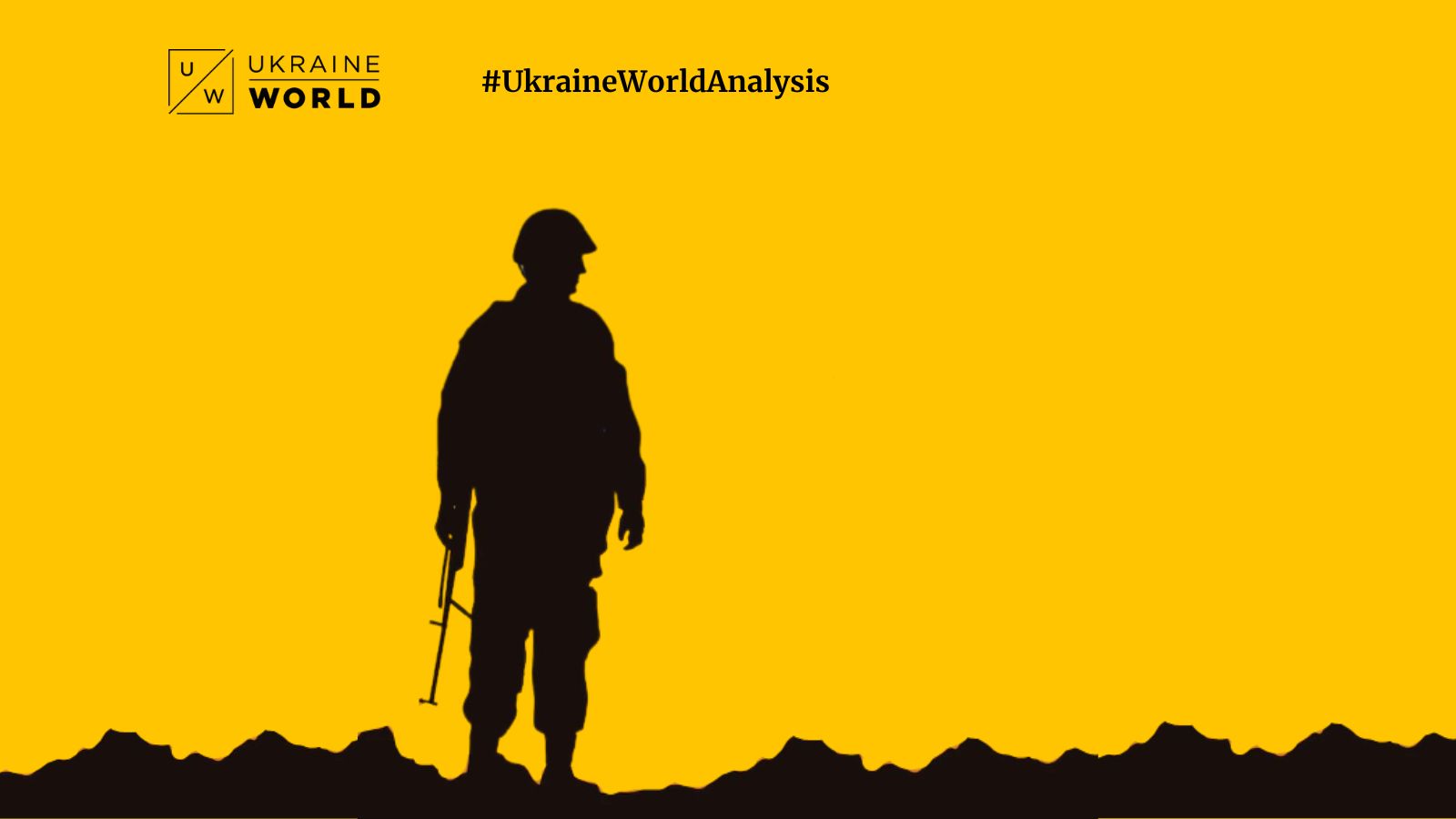UkraineWorld spoke to Valentyn Badrak, director of the Center for Army, Conversion, and Disarmament Studies.
Key points — in our brief, #UkraineWorldAnalysis:
1. On when Putin started preparing for war
- Putin began preparing for war in 2003-2004. This happened after the failure of the Tuzla operation in 2003. In May 2002, Yevhen Marchuk, who was the secretary of the NSDC, noted that Ukraine aspired to full Euro-Atlantic integration.
- Ukrainian President Kuchma had a problem: he had become a political pariah because of a scandal over 12 Ukrainian long-range surface-to-air missiles being sent to Iran, the Melnichenko tapes, and more. Many people from his entourage were determined to whitewash his reputation. The Russians successfully took advantage of this and Putin's friend Medvedchuk entered Kuchma's entourage. Then there was the harmful campaign for the "Russian World in Donbas". Putin decided to weaken Ukraine through the formation of agent networks.
- In 2008, when NATO refused to grant Ukraine a MAP, Russia began to prepare for a future war. One of the first steps was the State Duma's adoption of a law on the use of the Russian Armed Forces outside Russian territory in the fall of 2009.
2. On Ukraine's traditions of special forces
- Ukraine's special forces have had a powerful effect on the enemy's morale. The 10th Detachment of the Main Intelligence Directorate of the Ministry of Defense, the Marines of the Naval Forces, and certainly Ukraine's air assault forces have led successful operations. Thanks to underground networks, it has also been possible to attack high-precision targets, as was the case with Rogozin.
3. On the Ukrainian Armed Forces' mosquito strategy
- Ukraine's military has begun to successfully apply a so-called mosquito strategy, when compact high-tech weapons are used en masse during maneuver defense. This was the case of the anti-tank missile complexes like Javelin, which helped to destroy enemy columns. The Ukrainian army carried out the world's first naval drone operation and attacked valuable, large Russian warships.
- After this war, the armies of the world will look closely at all sorts of unmanned platforms, like unmanned aviation and ground robotic complexes.
4. On when the West realized that Ukraine was capable of winning
- The West realized that Ukraine was capable of winning by April, because Putin was in a hurry to end the war by May 9, but it turned out that in March they had to withdraw from Kyiv and Chernihiv Oblasts. The West realized that it was necessary to support Ukraine more, and so it began transferring heavy artillery. Enduring faith in Ukrainian victory was demonstrated by the transfer of the HIMARS, High Mobility Artillery Rocket System.
- Of course, the key guarantee of Ukrainian victory and security is not in the capitals of other states, but in its own.
DARIA SYNHAIEVSKA, ANALYST AND JOURNALIST AT UKRAINEWORLD
Valentyn Badrak, director of the Center for Army, Conversion, and Disarmament Studies
This material was prepared with financial support from the International Renaissance Foundation.

